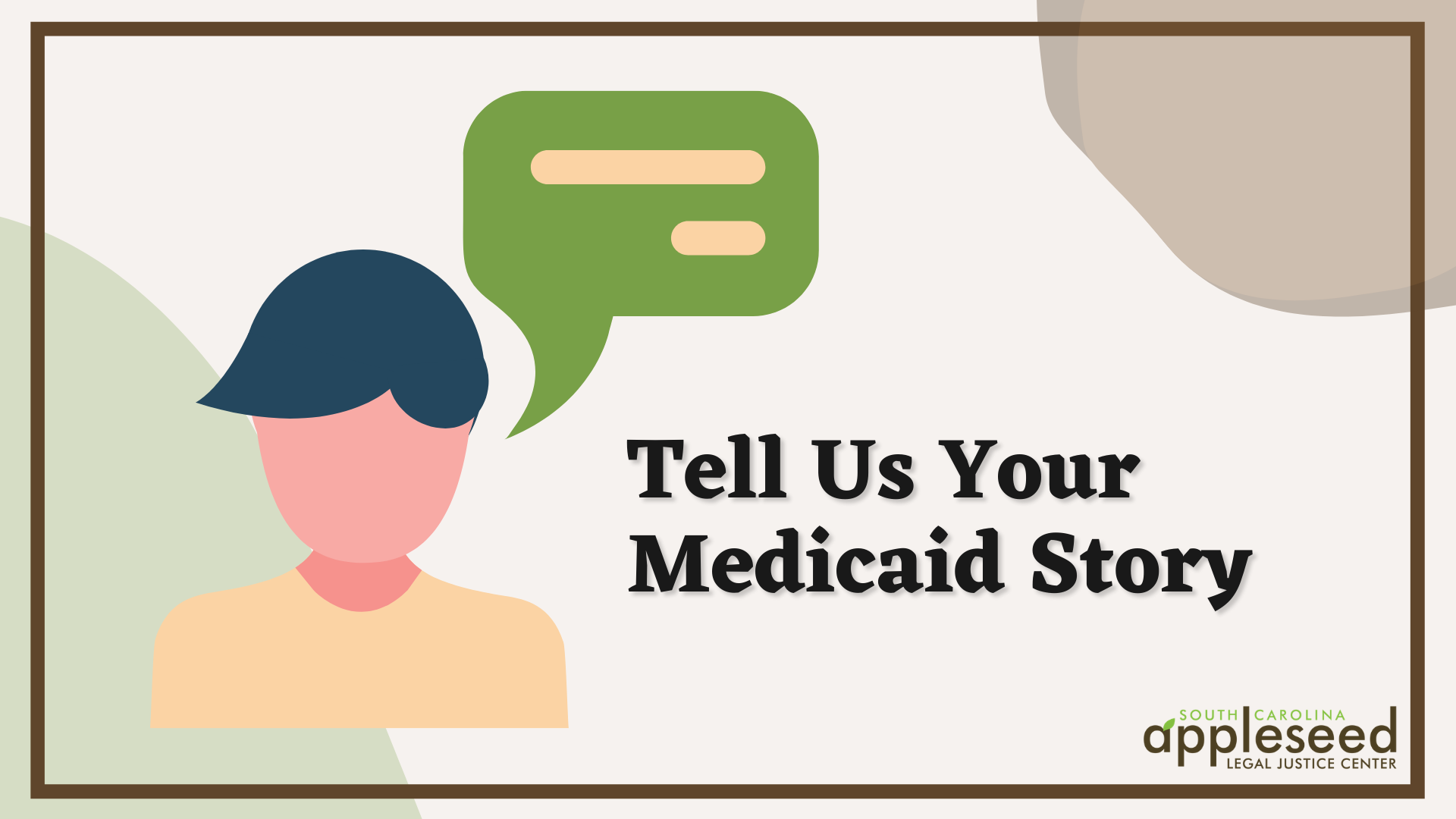Share this
From The Huffington Post:
Maggie Kozel–7/15/11 10:32 AM ET
I spent my formative years as a pediatrician in the U.S. Navy, and so it happened that I was a seasoned pediatrician of nearly 10 years before I had my first experience with Medicaid. I left the Navy for civilian practice in 1990. Moving from the military system of universal coverage to our civilian two-tiered health care system of haves and have-nots was a harsh culture shock.
When I first began working at Narragansett Bay Pediatrics in Rhode Island, we were one of the few practices that accepted Medicaid; the program’s low reimbursement rates drove most practitioners away. As a result, many children in Rhode Island with Medicaid coverage, or who were otherwise uninsured or underinsured, simply did not have a medical home. They were not receiving preventive services or early intervention for medical conditions, and were using the emergency room as their portal to our health care system. I witnessed this situation change seemingly overnight in 1997 with the introduction of SCHIP (now CHIP). This expanded Medicaid program covered more children and offered improved, if still low, physician payments. I watched as the doors to quality pediatric care opened to poor children across the state.
My personal experience was confirmed by national data. A study published in the journal Pediatrics in 2002 showed that children enrolled in CHIP where more likely to be receiving well child care, dental care and immunizations than were uninsured children, and — attention taxpayers — they were less likely to receive care in an emergency room. Another study in 2006 demonstrated that health care gains for publicly insured children as opposed to the uninsured increased with the number of health risk factors the child had; the more vulnerable children were experiencing the greatest benefits.
Back here in Little Rhody, we have good data to support our ongoing commitment to public insurance programs. In our state, only one in four hospital admissions for Medicaid/CHIP enrollees are emergent, as opposed to eight of ten admissions for the uninsured. And only 10 percent of hospital admissions were deemed preventable for enrolled children, compared to 22 percent for uninsured children. Our system for getting poor children appropriate care in a timely fashion is working. We need to focus our attention now on optimizing these kinds of cost-saving improvements.
It is painful to imagine a scenario in which we would take a step backward from these gains. This is why the current movement in Congress to reduce Medicaid funding is as misguided as it is alarming. The American Academy of Pediatrics, in a recent letter to its members, estimated that if proposed Medicaid reductions are carried out, approximately 300,000 children nationally will lose their insurance. Compounding this loss is that with reduced federal funding, many states, including Rhode Island, will have to further cut physician fees, resulting once again in limited access to providers, even for those children who continue to have coverage.
According to a recent AAP survey, a pediatrician in RI can expect a Medicaid payment in the range of $27 to $37 for a preventive (well-child) visit — an amount that may not even meet overhead expenses much less generate income. Reducing these payments further will bring us back to the days when physicians in private practice found it financially unsustainable to see large numbers of Medicaid patients. It will mean a return to the days when poor children’s only options were to delay care as long as possible, and then beat a path to the local ER. Ethical questions aside, delayed, uncoordinated health care only ends up costing the taxpayer more in the long run.
We should be refining and bolstering our Medicaid system, not chopping it. We can — and need to — provide smarter, more cost-effective, quality-driven health care for everyone. Our nation desperately needs rational, sustainable health care reform. We cannot afford to be distracted from those serious efforts by simplistic, politically driven measures — like cutting Medicaid — that only cause harm and suffering without saving us anything.
Share this
Contact Us
Have questions? Send us a private message using the form below.


